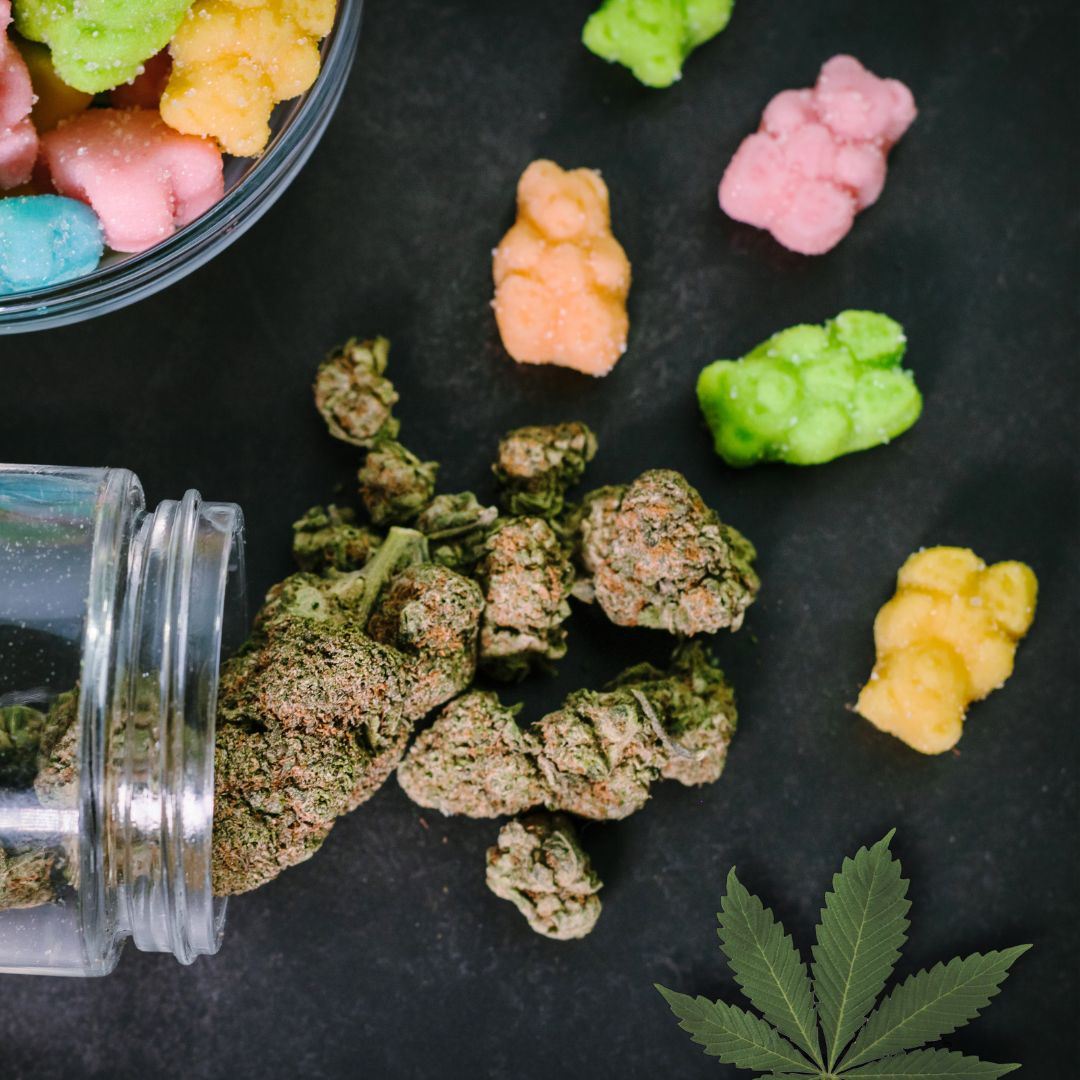- Home
- National Poison Data System
- Track Emerging Hazards
- Edible Cannabis
|
What are Cannabis Edibles?A cannabis edible (also called ‘edibles’, ‘marijuana edibles’) is any food or beverage item that contains cannabinoids. Cannabis edibles contain the psychoactive part of the cannabis plant, delta-9-Tetrahydrocannabinol (THC). However, cannabis edibles may also contain cannabidiol (CBD) or other types of THC. Edibles come in many shapes and sizes, from savory chips to seltzer drinks to candies. The packaging of some edibles often resembles brands and foods children are familiar with, like Doritos or gummy worms.Why is Cannabis Edible Poisoning Trending?Cannabis products have become more accessible in homes as the number of states with legal medicinal and/or recreational cannabis continues to grow. Edible cannabis products are easily mistaken for regular food, candy or beverages making accidental ingestion common in children and adolescents.As of April 30, 2025, Poison Centers have managed 2,578 cannabis edible exposure cases in patients that were 0-19 years of age.
What are the Signs and Symptoms of a Cannabis Edible Poisoning?While edible cannabis does not typically result in serious problems for adults, children have more severe reactions and are more likely to require medical attention. Symptoms of a cannabis edible overdose include:
Severe symptoms of overdose can case slowed breathing, seizure and coma.Treatment and First AidCall 911 immediately if someone is having difficulty breathing, is unresponsive, or having a seizure.If someone is breathing and responsive:
Take ActionFor questions about cannabis edibles or cannabis poisoning call Poison Help at 1-800-222-1222. From product related questions, to concerns about signs and symptoms of potential overdose, Poison Help staff are ready and available, 24/7/365, free of cost, for emergencies and non-emergencies. For The MediaPlease cite this data as “National Poison Data System, America's Poison Centers.” Any and all print, digital, social, or visual media using this data must include the following: “You can reach your local Poison Center by calling the Poison Help line: 1-800-222-1222. To save the number in your mobile phone, text POISON to 301-597-7137.” Email media@PoisonCenters.org or call 703-894-1863 for more information, questions, or to submit a data request. | PREVENTIONTake these steps to prevent edible cannabis poisoning:
|
Important notes about Poison Center dataAmerica's Poison Centers maintains the National Poison Data System (NPDS), the national database of information logged by the country’s Regional Poison Centers serving all 50 United States, Puerto Rico, the District of Columbia, and territories. Case records in this database are from self-reported calls: they reflect only information provided when the public or healthcare professionals report an actual or potential exposure to a substance, request information, or request educational materials. As such:The term “exposure” means someone has had contact with the substance in some way; for example, ingested, inhaled, or absorbed a substance by the skin or eyes, etc. Exposures do not necessarily represent poisonings or overdoses. |
/APC%20logo_2C%20with%20tagline.jpg)
 Edible Cannabis
Edible Cannabis